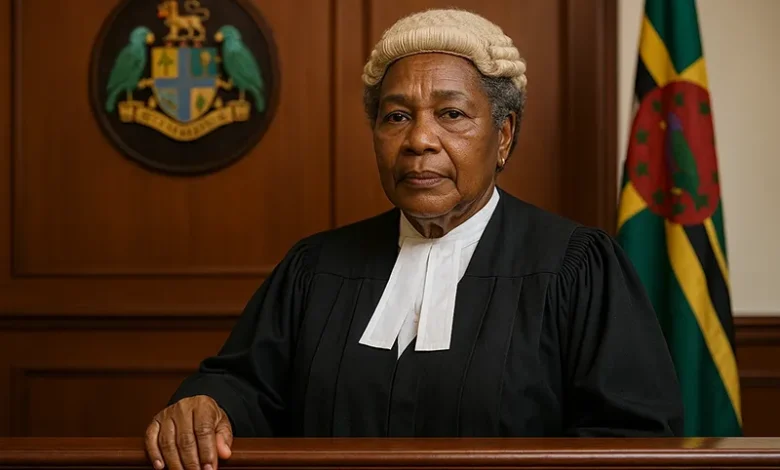Justice System of Dominica

The justice system of Dominica is rooted in the British common law tradition, providing the legal framework through which rights are protected, laws are enforced, and governance is held accountable. It operates through a structured hierarchy of courts and legal bodies, supported by constitutional guarantees and evolving efforts toward judicial reform. This framework ensures that all citizens are subject to the rule of law, with mechanisms in place for dispute resolution, enforcement, and appeal.
Court System and Legal Hierarchy
At the base of Dominica’s court system are the Magistrates’ Courts, responsible for handling minor criminal cases, preliminary inquiries in indictable matters, traffic offenses, small claims, family law disputes, and civil cases under a prescribed monetary threshold. There are several magisterial districts across the island, with the principal one located in Roseau, operating from the Magistrates’ Court on Dame Eugenia Charles Boulevard.
For more serious civil and criminal matters, jurisdiction lies with the High Court of Justice, where one resident judge is permanently stationed in Dominica under the Eastern Caribbean Supreme Court (ECSC). The High Court hears criminal trials by jury, constitutional matters, and appeals from the Magistrates’ Courts.
Appeals from the High Court are brought before the ECSC Court of Appeal, which travels among member states. Since March 2015, Dominica has formally recognized the Caribbean Court of Justice (CCJ) as its final appellate court, moving away from the Judicial Committee of the Privy Council in the United Kingdom. This transition marked a regional commitment to judicial sovereignty and has influenced several high-profile appeals involving constitutional interpretation and human rights.
Justice Administration and Governance
The justice system is administratively supported by the Ministry of National Security. Within this framework, the Attorney General serves as the chief legal advisor to the government and oversees various legal institutions, including:
- The Director of Public Prosecutions (DPP) Office, which handles criminal prosecutions on behalf of the state.
- The Legal Aid Clinic, which provides access to justice for low-income individuals.
- The Companies and Intellectual Property Office (CIPO) and Land Registry, which manage corporate registration and land transactions respectively.
Judicial officers are appointed through consultation with the Judicial and Legal Services Commission of the ECSC, maintaining a degree of independence from executive influence. All proceedings in the courts are conducted in English, and most legal practitioners in Dominica are trained in regional and international legal institutions.
Law Enforcement and Corrections
The Commonwealth of Dominica Police Force, established in the 1800s, is tasked with maintaining public order, preventing crime, and supporting criminal investigations. In recent years, its scope has expanded to include community policing initiatives, specialized units for narcotics and cybercrime, and coordination with regional security systems such as IMPACS and CARICOM RSS. Public surveys indicate generally favorable perceptions of safety, though trust in internal accountability remains an area of concern.
The Dominica Prison Service operates out of Stock Farm, housing both convicted and remanded individuals. Despite adherence to most international standards, challenges such as overcrowding, prolonged pre-trial detention, and limited staff training persist. Ongoing training and improved infrastructure have been central to reforms. The justice sector also includes probation and parole officers who supervise rehabilitation efforts.
Challenges and Reforms
While Dominica’s justice system maintains constitutional protections such as due process, presumption of innocence, and access to legal representation, persistent challenges affect its effectiveness. Among these are:
- Delays in case resolution due to understaffed courts and administrative bottlenecks.
- Limited access to victim support, particularly in gender-based and domestic violence cases.
- Infrastructure gaps in rural areas, which hinder regular court sessions and access to legal services.
In response, the government has initiated targeted reforms. These include increased funding for legal aid, digitalization of court records, pilot programs for alternative dispute resolution (ADR), and expansion of juvenile justice initiatives. Public outreach programs also aim to improve legal literacy, especially in underserved communities.
As part of broader rule of law efforts, Dominica continues to collaborate with international partners such as UNDP, the Caribbean Court of Justice Academy for Law, and USAID to strengthen legal institutions and promote judicial efficiency.




